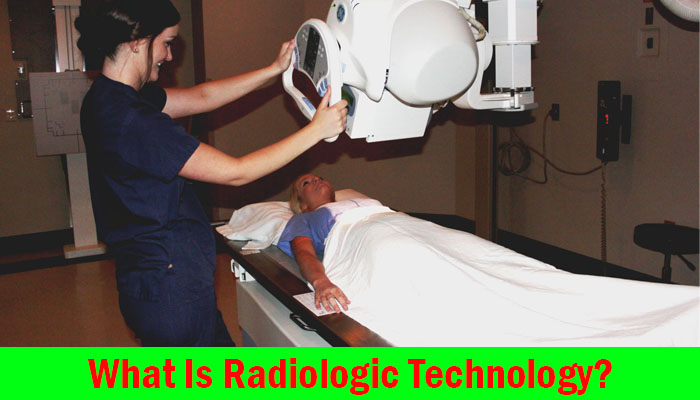What Is Radiologic Technology?
What is radiologic technology? These professionals use medical imaging methods to diagnose diseases. The job requires specialized training and certification. Some of these individuals may also be referred to as diagnostic radiographers or medical radiation technologists. In general, they are responsible for acquiring images of a body’s structure and determining the pathology behind them. They are often referred to as radiographers. Regardless of the exact designation, a radiography technician performs a variety of tasks in medical institutions.
Interested individuals should note that education requirements for radiologic technology vary by state. Most states require an associate’s degree in the field, and some states require a license to practice. For example, in California, you must be at least 18 years old. Alternatively, you can work in the field while pursuing a bachelor’s degree. However, a bachelor’s degree in the field will allow you to work without interruption while pursuing your education.
In addition to their education and training, a student should also be certified in a specialized field. Depending on the specific field, a radiologic technologist can work in hospitals, diagnostic centers, research centers, and private practices. The job requires both a bachelor’s degree and licensure. A bachelor’s degree is required for a radiologic technologist. While an MD can perform certain procedures, radiologic technologists cannot perform surgeries or administer medications.
What Is Radiologic Technology?
In order to become a radiologist, an individual must first earn a Bachelor’s degree in health science. Then, he or she must be licensed. The licensing requirements differ by state. For example, voluntary certification is not the same as licensure. Before becoming a radiologic technologist, check with your state board for the necessary education and training. After receiving your license, you should become a registered radiographer in your state.
There are various types of modalities in radiology. The most common ones include MRI, CT, and x-ray. If you’re interested in becoming a radiologic technologist, you must complete specific educational and testing requirements. As a result, you should be aware of the qualifications of the state board before pursuing this career. You can earn certification for any of the major modalities and the sub-specialties.
While a bachelor’s degree in a related field is necessary to enter this profession, the job is also highly demanding. It requires physical activity, including standing for long periods of time and requires mathematical skills. If you are interested in becoming a radiologic technologist, you should be educated and qualified in all aspects of the field. If you’re looking for a career in this field, this career is one of the best options for you. It offers a wide range of benefits to the workplace and is a great choice for professionals.
What Is Radiologic Technology?
As a radiologic technologist, you’ll be responsible for interpreting medical images. You’ll also be in charge of performing diagnostic procedures, such as x-rays. They can help doctors diagnose diseases and treat patients. This profession has a huge impact on the lives of many people. There are several reasons to become a radiologic technologist. You can help others by sharing your knowledge.
In radiology technology, you’ll help doctors diagnose illnesses by interpreting medical images. You’ll also help patients prepare for the procedure, helping them prepare by removing jewelry or other personal items. As a radiologic technologist, you will assist patients in preparing themselves for x-rays. They can even answer questions and soothe a patient who’s feeling nervous. You’ll learn the proper way to interpret medical images and learn the intricacies of the profession.
In a radiologic technology program, you’ll earn an A.A.S. degree and become certified in the field. You’ll also have the opportunity to practice as a technician in different settings, including hospitals, health care centers, and physician’s offices. If you’re a graduate, you can pursue a management career or specialize in one aspect of the field. If you’d like to work in a laboratory, you’ll need to be a graduate.
A career in radiologic technology involves the application of diagnostic imaging techniques. You will be able to perform different kinds of tests to diagnose diseases. You can work in a variety of settings in hospitals, clinics, or private clinics. As a radiologic technologist, you’ll be able to perform a variety of procedures. You can earn a bachelor’s degree or an associate’s degree. Nonetheless, you must be licensed to work in the field.
